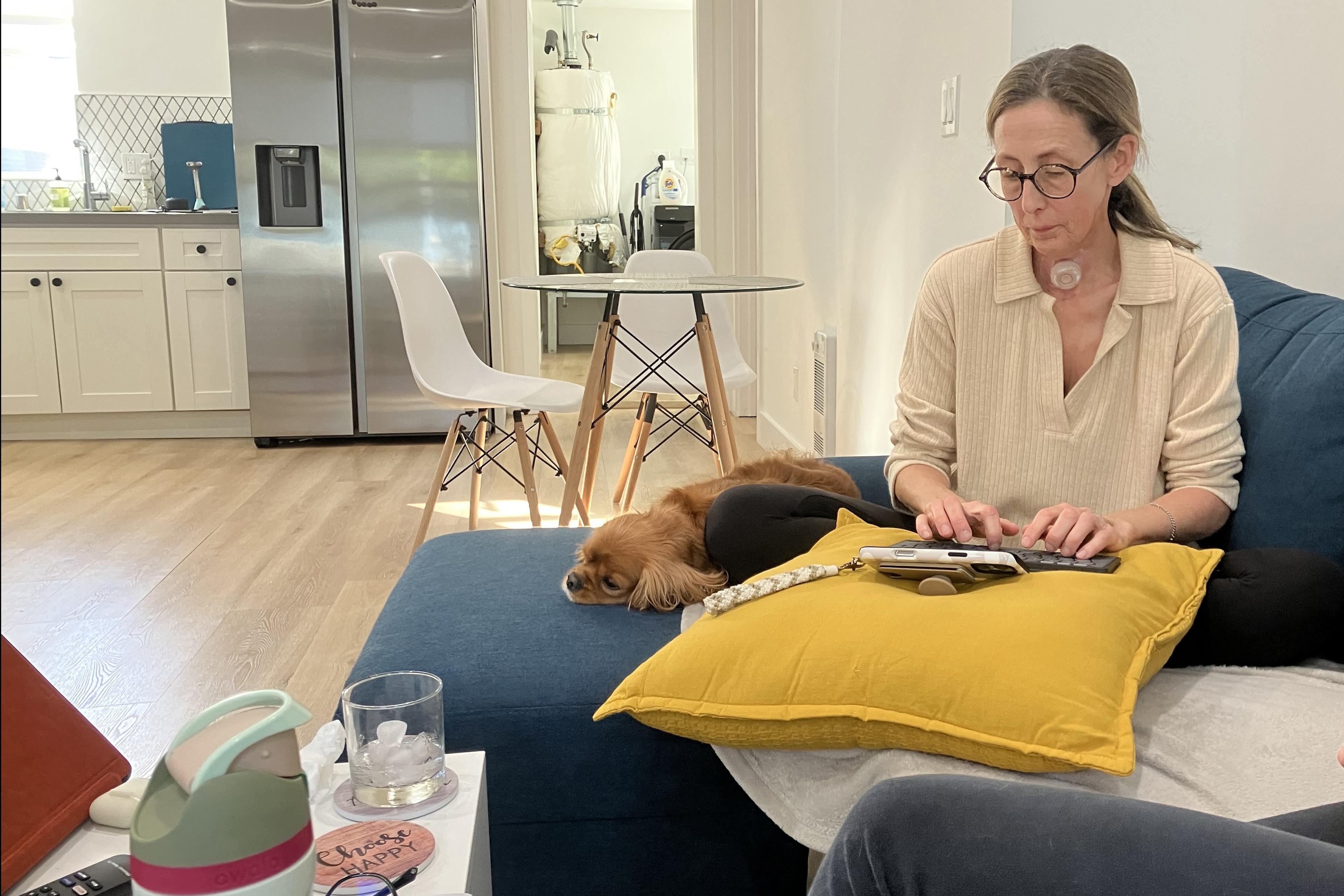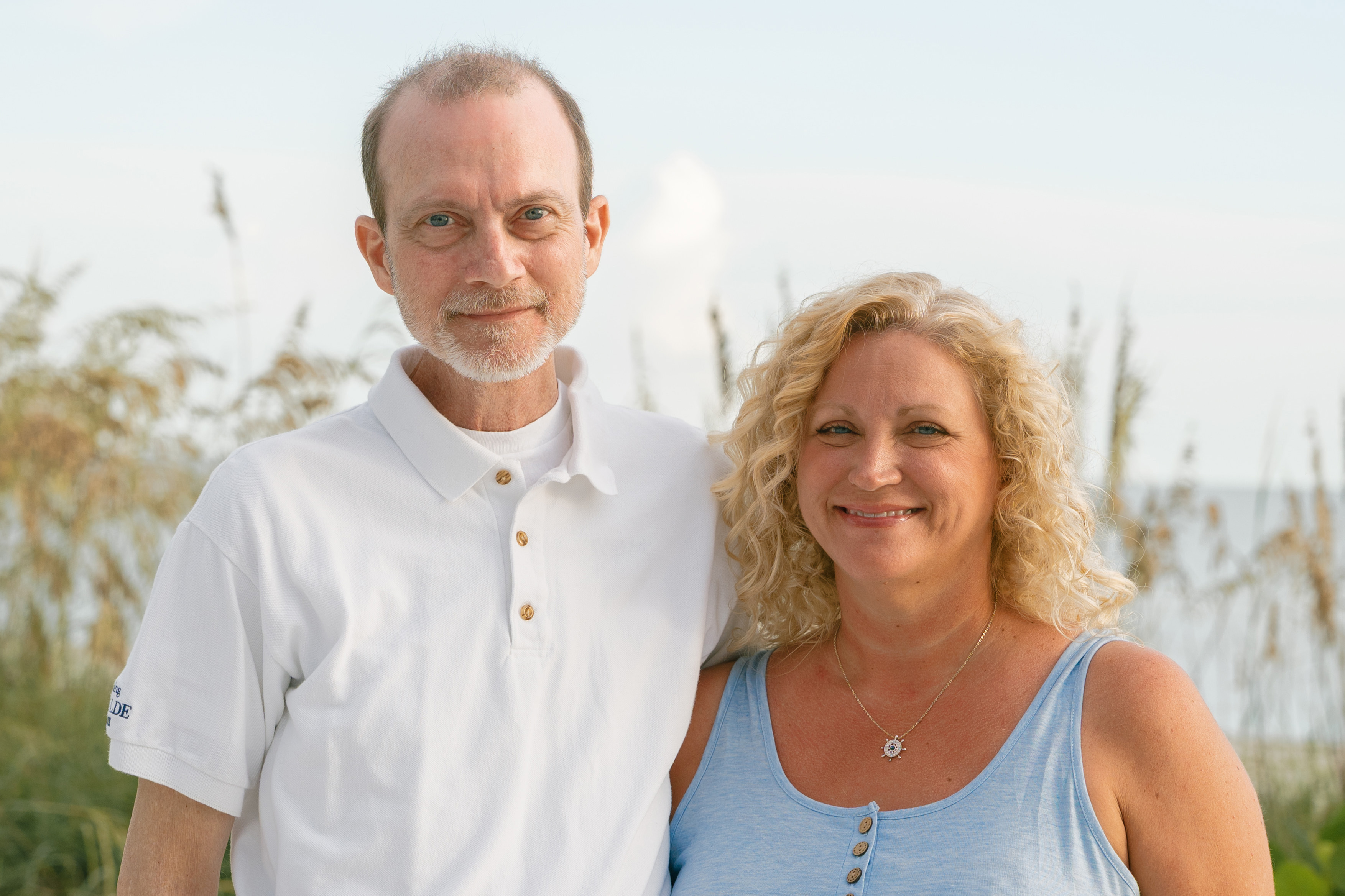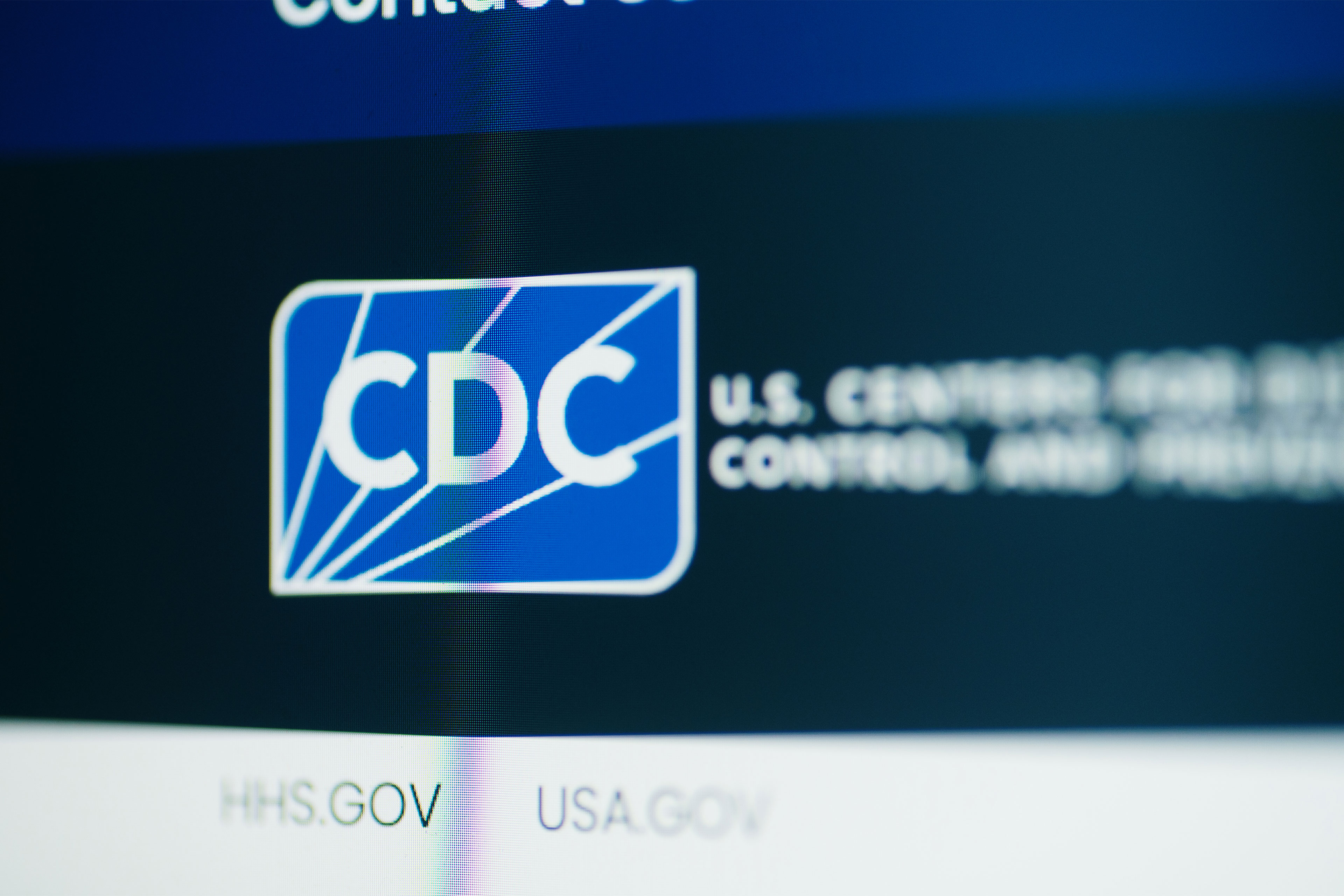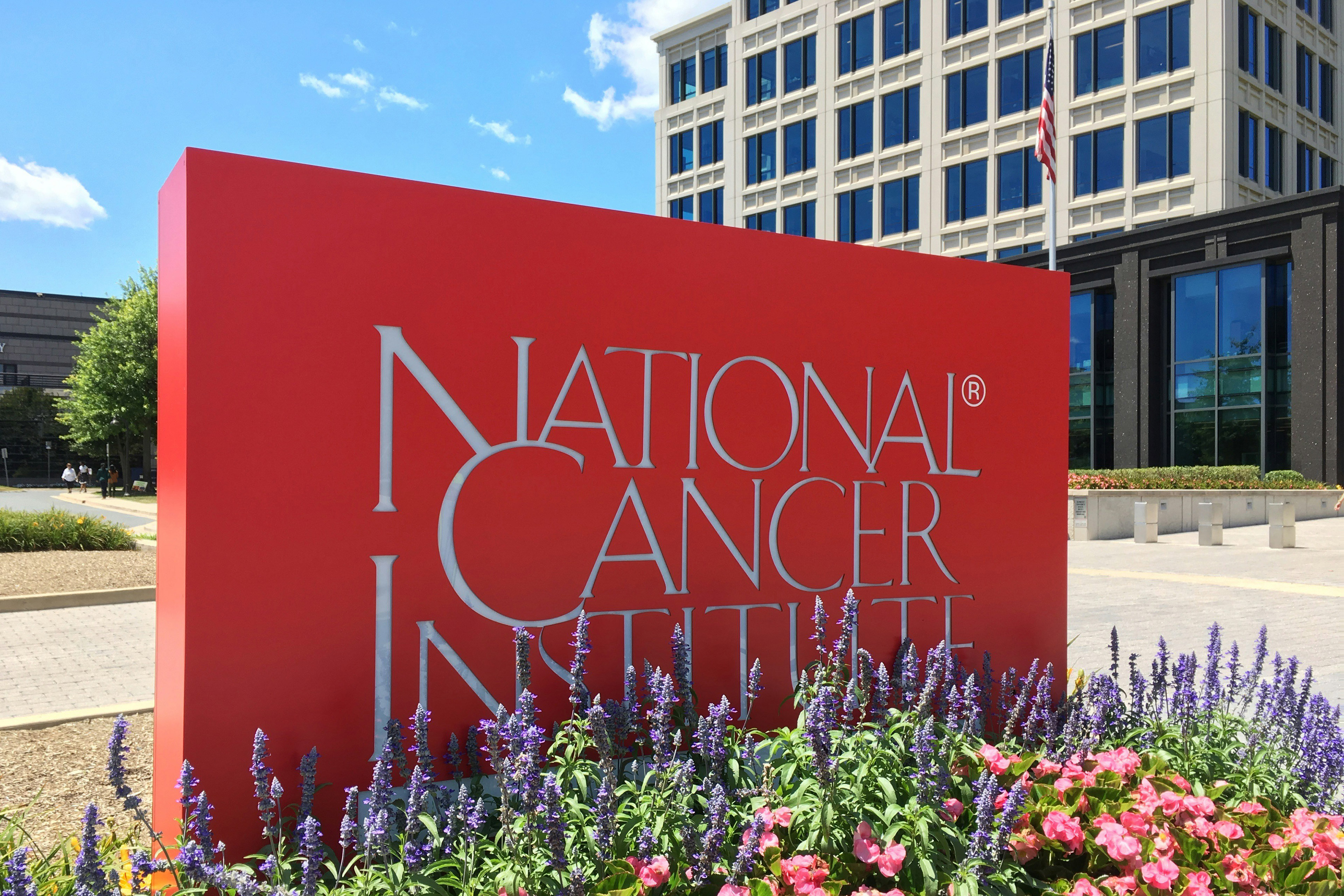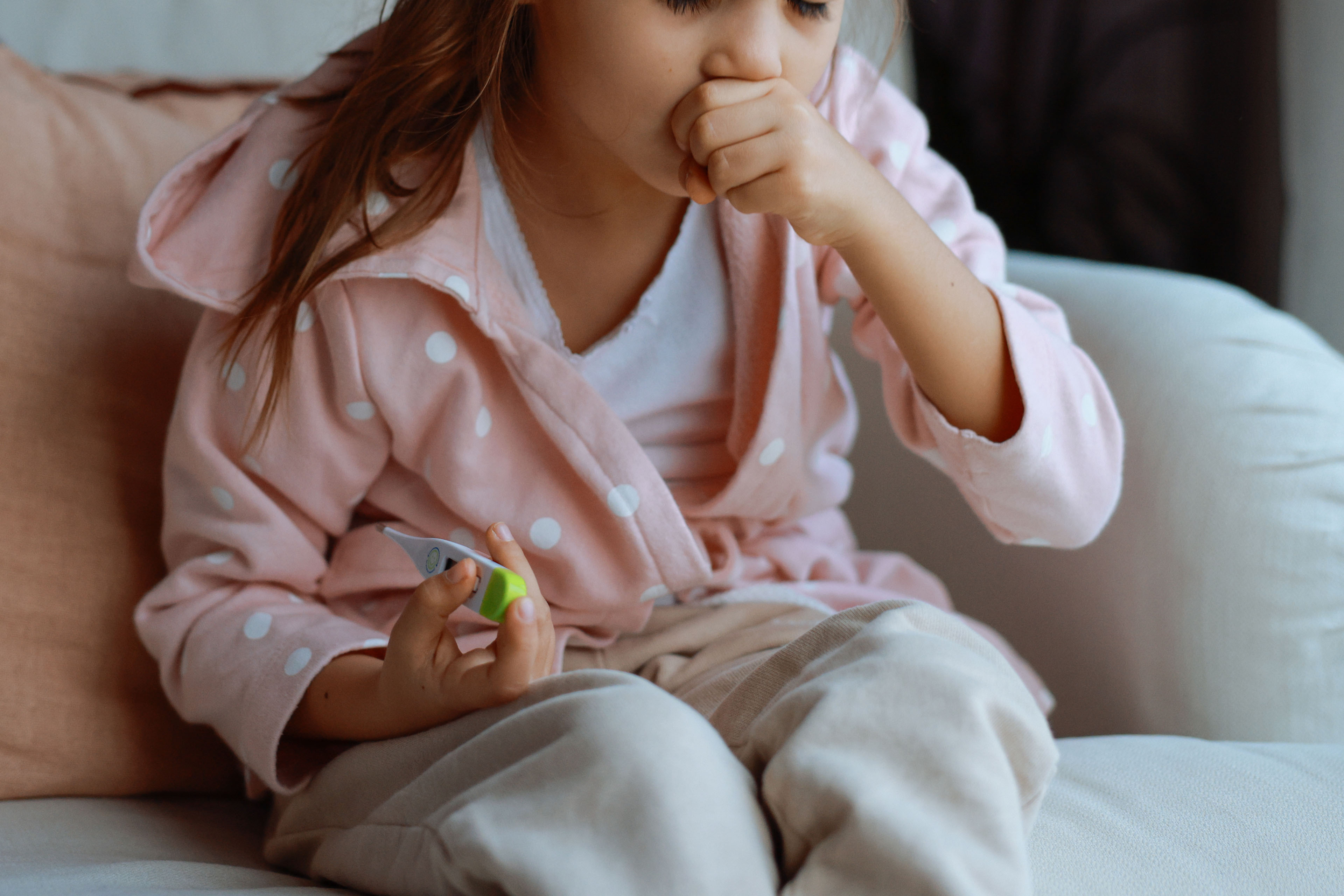Alright, my friends, it’s 2025, and we are done with outdated, harmful mental health myths that refuse to die. These misconceptions keep people suffering needlessly, and in some cases, they actively harm those seeking help. Mental health is not some mystical, unknowable force — it’s science, it’s skills, it’s self-awareness. And the sooner we all let go of these myths, the better off we’ll be. So let’s set the record straight once and for all!
Myth #1: “Therapy Takes Years”
Ah, no. This one has GOT to go. Therapy is not supposed to be some endless, years-long excavation of childhood trauma while you sit on a couch crying every week. If that’s happening, your therapist might be more interested in their billable hours than your actual healing.
The truth? Therapy is about learning skills. Emotionally intelligent therapists do not just nod and validate forever — they provide you with practical tools to manage your emotions and behaviors so you can move on and thrive. For many people, therapy should be a short-term, goal-oriented process where you build resilience, not a lifelong membership to the therapist’s office. Yes, OF COURSE, some people may need ongoing support, but if you’re in therapy for five years and you’re still dealing with the same problems, something’s not working and needs to be addressed.
I have seen people make more tangible change in 8 weeks of Dialectical Behavior Therapy (DBT) than in years of weekly psychotherapy. I teach people the emotional intelligence skills so they DON’T have to be dependent on me for years. They can use the skills they learned from me and apply them to the challenges that come up in life. DBT is a kind of “teach a person to fish” instead of a “give a person a fish” way to go.
Myth #2: “Medication Is the Only Answer”
Let us be clear — medication can absolutely be helpful for people, but it’s not some “magic bullet”, and it’s certainly not the sole solution. The pharmaceutical industry would love for you to believe otherwise, because a dependent, lifetime customer is a profitable customer.
Science and experience tell us that therapy, lifestyle changes, and skill-building can be just as effective — sometimes even more so — than medication alone. Exercise, sleep, nutrition, and emotional regulation skills literally change brain chemistry. And unlike meds, these skills don’t come with those dreaded side effects like weight gain, emotional numbing, or withdrawal symptoms. If medication is part of your mental health plan, great, it is absolutely necessary for some people. But let’s stop pretending that medication is the only way or that popping a pill will fix everything.
Medication prescribed WITHOUT talk therapy or DBT emotional skills training is my absolute PET PEEVE, especially when meds are given as front-line treatment to people whose brains are still developing — anyone under 26. I not only think it’s irresponsible, clinically, I think it indicates that doctors are “big pharma’s bitch,” which is unethical, if not criminal.
Myth #3: “Teens Are Just Dramatic”
Ugh. This one really pushes my buttons. Dismissing teen mental health struggles as “drama” is dismissive and ignorant. Adolescence is when many mental health issues first appear, and minimizing a teen’s distress only increases their suffering.
Teens are not being dramatic — they’re learning how to regulate their emotions in a chaotic world. Their brains are still developing, and they need guidance, not gaslighting. Instead of rolling your eyes at a teenager’s “meltdown,” try this: listen. Validate those feelings, help them develop coping skills, and model emotional intelligence. Teach them how to manage their mental health now so they don’t have to undo years of pain and ineffective coping methods into adulthood.
If a child, teen, or young adult isn’t getting their needs met by their primary caregivers, the natural response is “upping the ante”, i.e., they will amplify their pain, in an effort to get those needs met. What kinda f***ed up gaslighting is it, then, to call them “dramatic” or “too sensitive” once they resort to that?!
Adolescence is a natural developmental time of dramatic physical changes and transformation, so why wouldn’t that also mean big changes in emotional development? Change is change, and all change is bumpy and labile. To shame people who are in a natural developmental stage of dramatic change is gaslighting…and gaslighting, if you’ll remember, is psychological abuse. Don’t do it. They are, quite literally, acting their age.
Myth #4: “You Have to Hit Rock Bottom Before Getting Help”
This one is not just wrong — it’s dangerous. The idea that someone has to completely self-destruct before they “deserve” help is cruel and outdated. You don’t need to lose your job, your relationships, or your sanity before reaching out for help.
In reality, early intervention is key. The sooner someone seeks support, the easier it is to make changes. Waiting until you’re in full-blown crisis mode makes everything harder — your emotions, your relationships, and your ability to function. You wouldn’t wait for a small fire to burn down your entire house before calling the fire department, right? So why wait until everything is falling apart or has fallen apart before taking your mental health seriously?
Do most people seek help once they can’t bear a crisis any longer — yep. Would it be a WHOLE LOT EASIER to get back on track if they sought help sooner, rather than later — no question. You come to see me, in a crisis, I’ll help you outta that crisis, help you find your baseline again, and help you develop skills to deal with the emotional activation of everyday life. You get AHEAD of a crisis.
Clients of mine get an idea of what their baseline IS, NOT while in a crisis. Together, we work to help find each individual’s baseline sooner and build their life up sooner, and with less “digging you outta the trenches,” so you can experience more joy in your daily life. “Pre-rock bottom” is just quicker.
Myth 5: “You Have to Work With the First Therapist You Meet”
Ask something real. Was grad school hard? Listen to response. Are they humanizing or therapy-esque?
If you feel hyped/good every time you leave, you are not being challenged properly (if it’s all “love and light”, it’s not working). You will want someone who CHALLENGES YOU and promotes change. You should not be paying someone to simply sign off on your “bullshit.” Which we know is what comes out of our mouths at times.
We think we gotta take what we get, and doctors got it all figured out. Wrong. YOU are the consumer, the customer, so shop around. Find somebody you click with. Leave people who turn you off — trust your gut. Yer gonna be working with this person on deep shit — probably on and off for life, so if you don’t like em’ at all… move on to the next. The first pair of jeans you try on is rarely the pair you buy, ya dig?
The Bottom Line: Mental Health Is a Skill, Not a Mystery
At the end of the day, mental health isn’t about good fortune or willpower — it’s truly about skills. The more you practice emotional intelligence, self-awareness, and coping strategies, the better you’ll feel. And the more we debunk these harmful myths, the more people will feel empowered to take control of their own mental well-being.
So let’s work together to make 2025 the year we stop buying into these tired, toxic ideas. Therapy should be practical. Medication is a tool, not a crutch. Teens deserve respect, not ridicule. And no one needs to suffer just to prove they need help.
Let’s do better. Our mental health… and lives… depend on it.
It’s not your fault you don’t know how to manage your emotions effectively enough to act according to your values the majority of the time… yet, it IS your responsibility to learn emotional intelligence skills now and apply them to increase your quality of life and your capacity for joy. No one taught you to manage your emotions, AND… someone is here NOW to teach you. ME. DBT (Dialectical Behavior Therapy) teaches you to identify and manage your emotions in order to behave in alignment with your values — EVEN when you’re emotionally activated. And THAT is what builds self-esteem and self-confidence. And THAT is everything.



